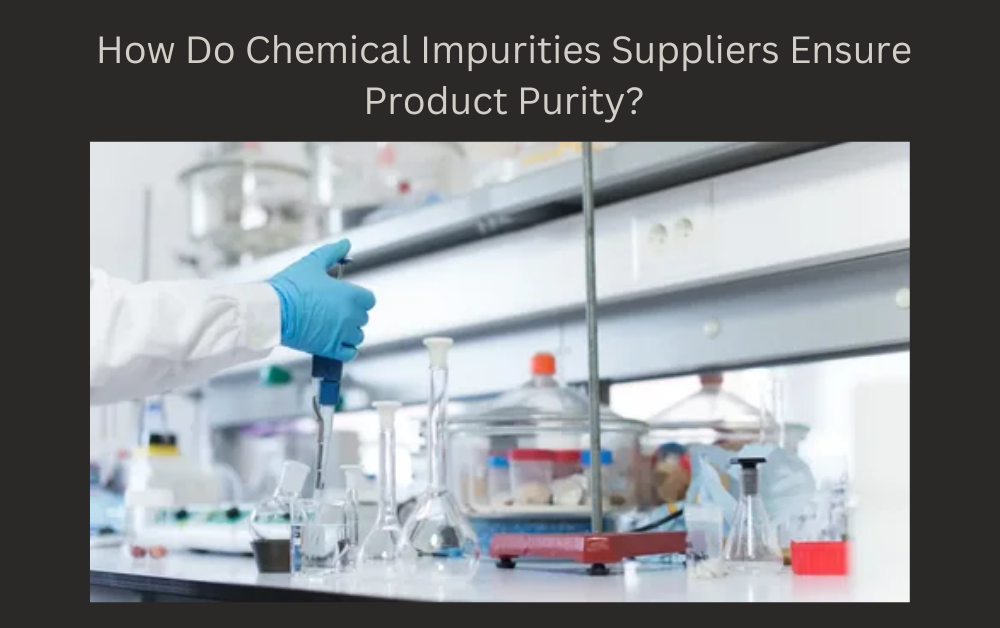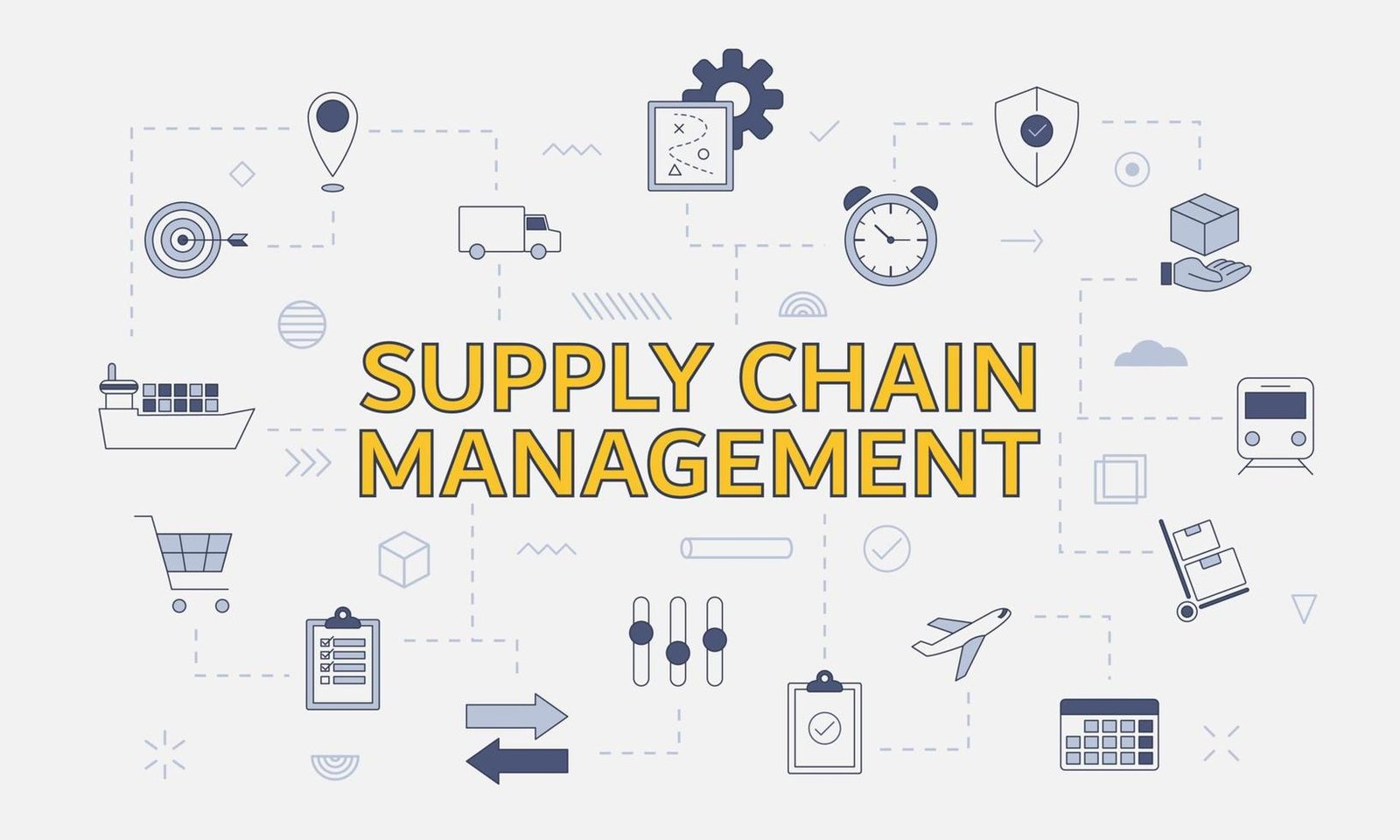When you hear the word “chemical impurities,” it might sound like something unwanted or bad. But in the world of science and pharmaceuticals, chemical impurities are important. They help researchers understand medicines better and make sure drugs are safe for people to use.
Chemical impurities suppliers play a big role in providing high-quality, pure impurities that are used for testing, research, and drug development. But how do these suppliers make sure their products are pure and reliable? That’s what we will explain in this article.
We’ll walk you through the whole process—from how impurities are made, tested, and checked for quality, to how suppliers keep them pure before they reach customers.
What Are Chemical Impurities and Why Does Purity Matter?

Understanding Chemical Impurities
Chemical impurities are tiny unwanted substances found in drugs or chemicals. They may form during production, storage, or even from chemical reactions. Sometimes, impurities can affect the safety and effectiveness of medicines. That’s why scientists study them carefully.
Why Suppliers Provide Pure Chemical Impurities
Suppliers don’t just sell impurities randomly. They produce pure impurities to help pharmaceutical companies and labs test drugs and make sure medicines meet safety rules. These impurities are used as reference standards in quality control tests.
If the impurities aren’t pure, the tests might be wrong. This could lead to unsafe medicines being approved or good medicines being rejected. So purity is extremely important.
Who Are Chemical Impurities Suppliers?
Chemical impurities suppliers are companies that specialize in making and selling these impurities. They work closely with drug makers, research labs, and regulators.
These suppliers have special skills and equipment to:
- Make impurities in the lab
- Purify them to high standards
- Test their quality with advanced machines
- Package and ship them safely
How Do Suppliers Make Chemical Impurities?
Step 1: Research and Planning
Before making an impurity, suppliers study the chemical structure of the drug they are working with. They learn how the drug breaks down or reacts to form impurities.
This helps them plan the best way to make the impurity in the lab. They design a chemical recipe or “synthesis route” that is safe and efficient.
Step 2: Lab Synthesis
The impurity is made in the lab by carefully mixing chemicals and controlling reaction conditions like temperature and time. This small-scale production needs precise control to avoid creating unwanted side-products.
Step 3: Purification
After synthesis, the impurity contains other unwanted chemicals. To remove these, suppliers use special methods like:
- Crystallization: Growing pure crystals from the mixture
- Chromatography: Separating chemicals using a special column
- Distillation: Using heat to separate liquids based on boiling points
This step is crucial to get a highly pure final product.
How Do Suppliers Test for Purity?
Step 1: Sampling and Initial Checks
After purification, a small sample is taken for testing. Suppliers first perform quick checks like color and smell to spot any obvious problems.
Step 2: Advanced Analytical Techniques
For detailed purity analysis, suppliers use high-tech tools such as:
- High-Performance Liquid Chromatography (HPLC): Separates chemical mixtures and measures each part.
- Gas Chromatography (GC): Used mainly for volatile substances (easily evaporated).
- Nuclear Magnetic Resonance (NMR): Shows the exact structure of the impurity.
- Mass Spectrometry (MS): Measures molecular weight and helps identify impurities.
- Infrared Spectroscopy (IR): Detects chemical bonds and functional groups.
These tests give a clear picture of how pure the impurity is and if any unwanted substances remain.
Step 3: Certificate of Analysis (COA)
Once testing is complete, suppliers prepare a Certificate of Analysis. This document shows:
- The impurity’s purity level
- Test methods used
- Any impurities detected and their amounts
- Batch information and date
The COA assures customers that the impurity meets strict quality standards.
What Standards Do Suppliers Follow to Ensure Purity?
International Quality Standards
Suppliers must meet strict rules and standards from organizations such as:
- Pharmacopeias (like USP, EP, or JP) that define impurity limits and test methods
- Good Manufacturing Practice (GMP) guidelines that ensure consistent quality and safety in production
- ISO Certifications that cover quality management systems
Following these standards helps suppliers produce reliable impurities that labs and drug companies trust.
Internal Quality Control Systems
Good suppliers have their own quality control departments. They:
- Check raw materials before use
- Monitor each step of manufacturing
- Test products multiple times
- Keep detailed records for traceability
This makes sure impurities are consistent across batches.
How Do Suppliers Store and Ship Chemical Impurities to Keep Them Pure?
Proper Storage Conditions
Impurities are sensitive to temperature, moisture, and light. Suppliers store them in:
- Temperature-controlled rooms or refrigerators
- Dry, clean containers to prevent contamination
- Dark or opaque packaging if light-sensitive
Safe Packaging
Packaging materials are chosen to avoid any reaction with the impurity. Common packaging includes:
- Glass vials or bottles with secure caps
- Sealed foil pouches
- Tamper-evident seals
Shipping and Handling
Suppliers use trusted shipping partners who:
- Handle dangerous goods carefully
- Follow legal requirements for hazardous materials
- Use tracking systems to avoid delays or losses
Customers receive pure impurities that are ready to use without worry.
Why Is Communication Important Between Suppliers and Customers?
Clear Specifications
Customers often need impurities with very specific qualities. Good suppliers communicate clearly to understand:
- Purity levels needed
- Quantity and packaging preferences
- Delivery schedules
Providing Documentation
Besides the COA, suppliers provide:
- Safety Data Sheets (SDS) to explain handling and hazards
- Technical data and usage instructions
Customer Support
Suppliers offer ongoing support for questions about:
- Product applications
- Custom synthesis requests
- Troubleshooting quality issues
This relationship helps maintain trust and quality.
Challenges Suppliers Face in Ensuring Purity
Complex Chemical Structures
Some impurities are very complicated molecules, making synthesis and purification harder.
Small Quantities
Often, suppliers produce impurities in tiny amounts, requiring very careful work to avoid contamination.
Regulatory Changes
Laws about impurities and quality can change. Suppliers must keep up to stay compliant.
Cost and Time Constraints
High purity requires time and resources. Balancing cost and quality is always a challenge.
Tips for Buyers: How to Choose a Reliable Chemical Impurities Supplier
- Check Certifications: Look for GMP, ISO, or pharmacopeia compliance.
- Request Sample Testing Data: Review COAs before buying large quantities.
- Ask About Manufacturing Processes: Make sure they have strong quality control.
- Read Reviews or Get References: Learn from other customers’ experiences.
- Communicate Clearly: Be specific about your purity and packaging needs.
Conclusion: The Importance of Purity in Chemical Impurities
Chemical impurities suppliers do much more than just make and sell impurities. They are responsible for producing substances that help keep medicines safe and reliable. Through careful planning, expert chemistry, strict testing, and good communication, they ensure the impurities they provide meet the highest purity standards.
For anyone involved in pharmaceutical research or production, working with a trustworthy chemical impurities supplier is a key part of success. It guarantees that testing is accurate and medicines are made with the best possible safety.
For more insightful articles related to this topic, feel free to visit: techners.net












Leave a Reply